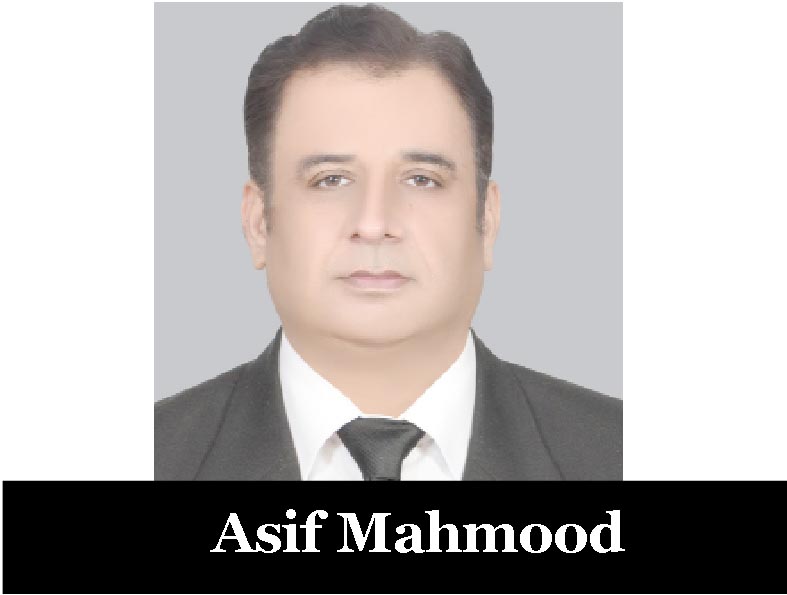Asif Mahmood
Khyber Pakhtunkhwa Chief Minister Ali Amin Gandapur has announced, under instructions from Imran Khan, that he intends to travel to Afghanistan for talks with Afghan leaders. But the question arises: under what authority? Does the Constitution of Pakistan allow a provincial chief minister to conduct diplomacy or negotiate on defense matters with foreign states?
The irony is striking. Even Sheikh Mujibur Rahman, in his Six Points that ultimately led to the dismemberment of Pakistan, conceded that defense and foreign affairs must remain the exclusive domain of the federation, leaving all other subjects to the provinces. Yet today, we are confronted with the spectacle of a provincial government claiming space even in those two sacrosanct areas. Is Imran Khan, then, unwittingly attempting to exceed Mujib’s own vision of provincial autonomy?
One might dismiss Khan’s unorthodox approach as part of his political mystique. The real concern, however, is the silence of the collective leadership in Khyber Pakhtunkhwa. Is there no voice of reason in the provincial cabinet to point out the constitutional boundaries? Must politics always be reduced to grandstanding, where zeal replaces wisdom and spectacle substitutes for policy?
To be clear, Pakistan Tehreek-e-Insaf has every right to voice its opinion on national security and foreign policy. Khyber Pakhtunkhwa has suffered the most from terrorism, and its government is justified in highlighting the gravity of its challenges. The federation should listen carefully to its concerns. But the proper venue for this dialogue is Parliament, where PTI enjoys representation in both the National Assembly and the Senate. These forums exist precisely to accommodate dissent, to debate policy, and to hold the government accountable.
Yet PTI has chosen to abandon this democratic route. It has boycotted assemblies, resigned from committees, and dismissed all political rivals as “thieves,” refusing to engage in dialogue. Now, astonishingly, its provincial government aspires to bypass Islamabad altogether and open direct channels with Kabul. This is not the conduct of a federating unit within a constitutional framework—it is the behavior of a parallel authority.
Foreign policy and defense are not playground contests to be improvised like a cricket match. They are existential matters that demand coherence, institutional memory, and collective decision-making. The Constitution has made this division of powers unambiguous: these domains belong to the federation. The Ministry of Foreign Affairs and the Ministry of Defense exist to safeguard continuity and national interest. To allow provinces to freelance in this arena is to invite fragmentation.
Consider the implications. What if Punjab bypassed Islamabad to strike its own deals with New Delhi? What if Balochistan negotiated directly with Tehran? What if Gilgit-Baltistan engaged Beijing on CPEC projects without federal oversight, or Sindh began writing letters to the international community over maritime issues? Would Pakistan remain a federation, or collapse into a patchwork of quarrelling mini-states?
This is why PTI must recognize the seriousness of its responsibilities. It is not a provincial pressure group but a national party with broad public support. National parties bear the burden of preserving and strengthening the federation. They must look beyond momentary political advantage and consider the long-term survival of the state.
Politics is not static—victories and defeats come and go. What matters is the ability to confront challenges with wisdom rather than hysteria. To undermine the federation in pursuit of tactical gains is to destroy the very fabric that binds the country together. It is like an old woman who spends a lifetime weaving yarn only to tear it apart with her own hands in the end.
